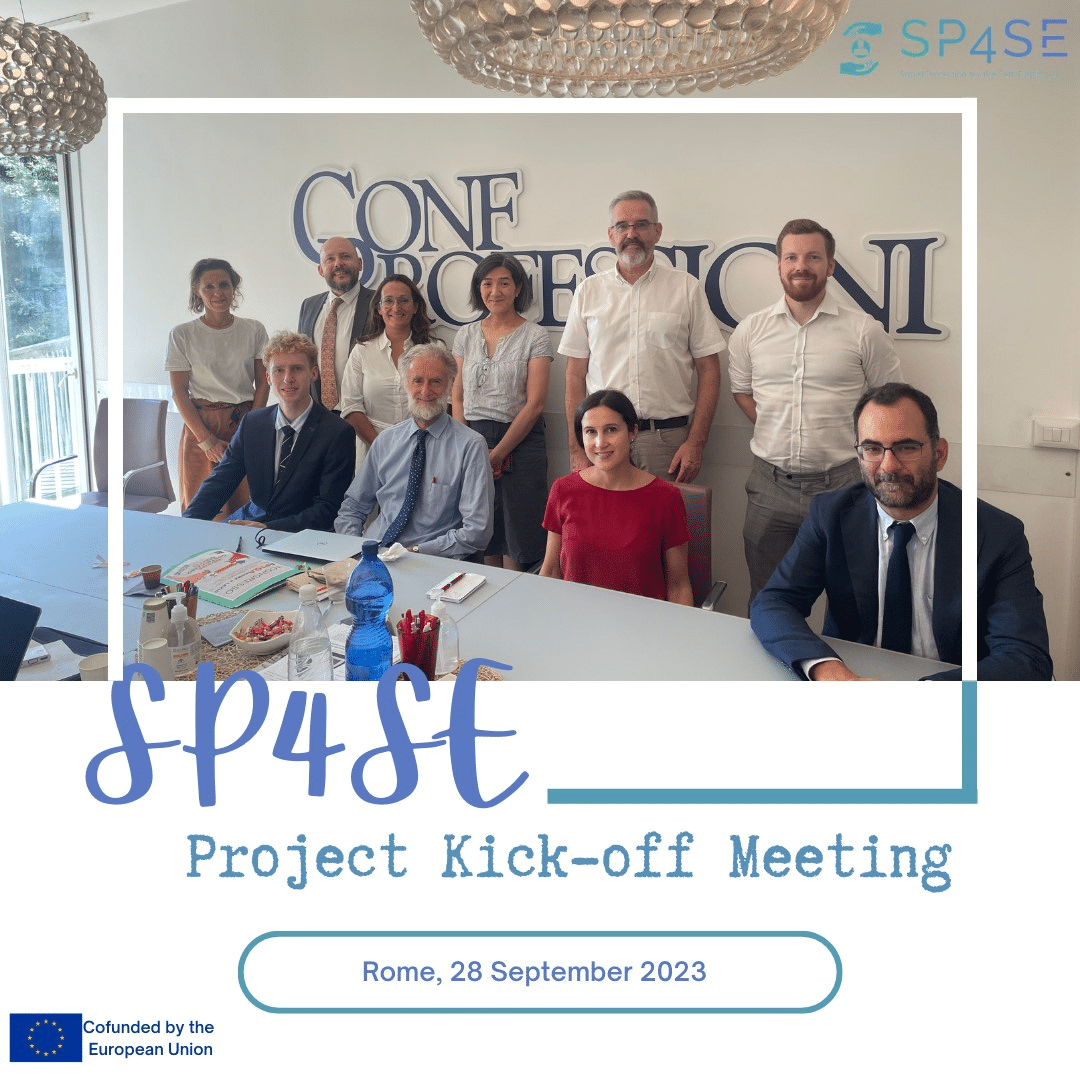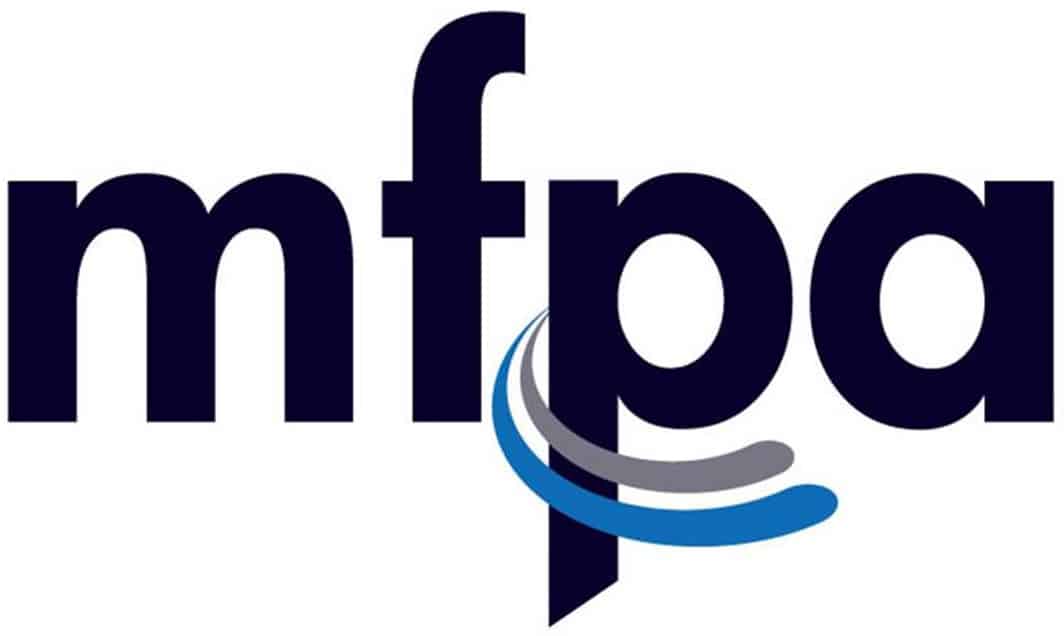
SOCIAL PROTECTION FOR THE SELF-EMPLOYED
Date: 15 December 2023
The project aims at strengthening social dialogue at sectoral level by building the capacity of national social partners, in order to tackle the need of self-employed professionals to be covered by an adequate social protection.
It aims at giving social partners the tools to contribute to the design of social protection reforms, and to autonomously set up and manage social protection schemes, in line with Council Recommendation 2019/387.
The project will first investigate existing social protection schemes for the professional self-employed and especially the changes introduced since the pandemic. The aim is to better understand which are the actors engaged in each scheme, which are the beneficiaries, which are the governance models and where the funding comes from.
With a view to defining a social protection model to mainstream, best practices will be identified, approved by the consortium, analysed and validated by the working groups and finally channelled into a modelling proposal. Along this process, social partners and all other stakeholders identified by the research will be targeted by an awareness raising campaign and engaged in the working groups, which will serve as a forum for discussing and exchanging ideas. Once the modelling proposal is developed, the capacity building phase begins. The purpose is to strengthen the capacity of national sectoral social partners and promote their role in ensuring an adequate social protection for the professional self-employed.
Given its nature, agreeing on a common definition of self-employment is a demanding task.
At the same time, social protection includes different profiles of social assistance and social security, with extensive variations among countries.
In brief, this social dialogue project entails a real understanding of both demand and supply of social protection for the self-employed. But also, more concretely, wishes to give the right tools to close existing social protection gaps.
List of participants
The consortium is led by Confprofessioni, Italian Confederation of Liberal professions, and composed by the following entities: CEPLIS, European Council of the Liberal Professions, from Belgium; MFPA, Malta Federation of Professional Associations; Equal Ireland Education Research and Related Services Co. Ltd. Moreover, the following organisations are participating as associated partners: UNAPL, National Union of Liberal Professions, from France; Eurocadres, Council of European Professional and Managerial Staff; UNPLIB, the Union of Belgian Liberal and Intellectual Professions.
Expected project results
- Report on social protection systems
- Mapping report on best practices and problems of social protection schemes in the 27 MS
- Call for action
- Working groups report
- Modelling proposal
Coordinator contact details
Confprofessioni
Viale Pasteur, 65 – 00144 Rome IT
(+39) 06 542 20278





